In the Netherlands, fur farms are making headlines: two workers have tested positive for COVID-19 after working with mink infected with the virus. The question for pet owners is: Is it possible to contract COVID-19 from kitty? Let's see if this fear is justified.
Coronaviruses that affect humans indeed cause zoonoses, transmissible infections between animals and humans. For example, the SARS-CoV and MERS-CoV viruses have been transmitted to us from civet and camel, respectively. Many coronaviruses circulating in animals do not yet affect humans. Still, one of them has recently made its way into the backyard of Homosapiens: the coronavirus 2 of the severe acute respiratory syndrome, or SARS-CoV-2 for shor. You know it well since it causes the disease called COVID-19.
Although it is still not known from which animal COVID-19 spread to humans, a few species have been identified. Among the accused is the pangolin, a strange mammal exploited for its scales' alleged medicinal properties. In what was later described as a misunderstanding, researchers announced that they had found a 99% genetic match between the virus taken from a smuggled specimen and that circulating in humans. In reality, this percentage does not refer to the entire genome, but only to a small portion of the DNA. For now, the virus with the closest genetic profile to SARS-CoV-2 is the one found in a bat (Rhinolophus affinis), with a 96% similarity. However, it is suspected that the virus responsible for COVID-19 was not transmitted directly from bats to humans but instead passed through an intermediate host.
Mystery hovers over the identity of the culprit. Perhaps we will never answer this question given the current prevalence of the pathogen throughout the world population. Even if a virus almost identical to SARS-CoV-2 was detected in nature, there would be no guarantee that the carrier animal infected humans and not the other way around. Because yes, several species can catch COVID-19 by coming into contact with infected individuals.
Which species are susceptible to contracting the disease? In the United States, a tiger at the Bronx Zoo in New York City was one of the first cases diagnosed, followed by a few cats and dogs. In these animals, the disease may present as cough, difficulty breathing, fever, loss of appetite, vomiting, or diarrhea. In the laboratory, ferrets, monkeys, and hamsters were artificially infected. Simultaneously, mice, ducks, chickens, and pigs that were tested were not affected by the disease. According to these studies, individuals of the same species can transmit COVID-19 to each other, except in the case of dogs, which do not appear to be contagious to their own kind. That being said, research on the subject is still scarce and based on small samples.
Currently, there is no evidence that animals play a significant role in the spread of the disease. According to the World Organization for Animal Health, no cases of COVID-19 caused by pets have been reported to date. Caution remains, of course, to await further information. Still, it goes without saying that the use of hand disinfectant, bleach, or cleaning wipes on an animal is not justified under any circumstances. Such overzealous practices can seriously jeopardize your pet's well-being and health. If you or your pet shows symptoms, we invite you to consult the following link:
Most importantly, keep in mind that humans remain the primary vector for SARS-CoV-2. Once again, Homosapiens prove to be the most dangerous animal!
Sources:
https://www.nature.com/articles/d41586-020-01449-8
https://www.nature.com/articles/d41586-020-00548-w
http://www.bccdc.ca/health-info/diseases-conditions/covid-19/prevention-risks/pets
https://www.cdc.gov/coronavirus/2019-ncov/daily-life-coping/animals.html


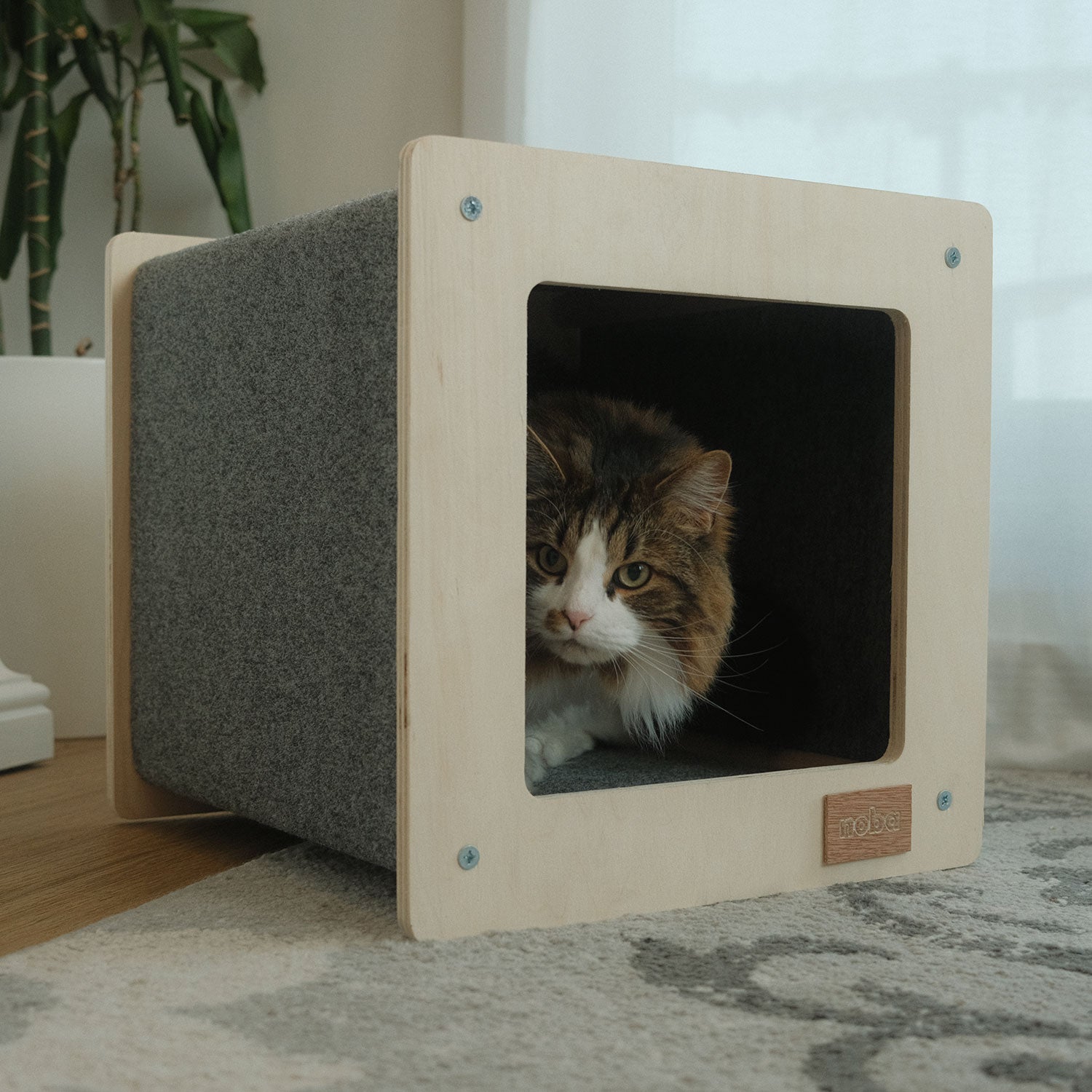

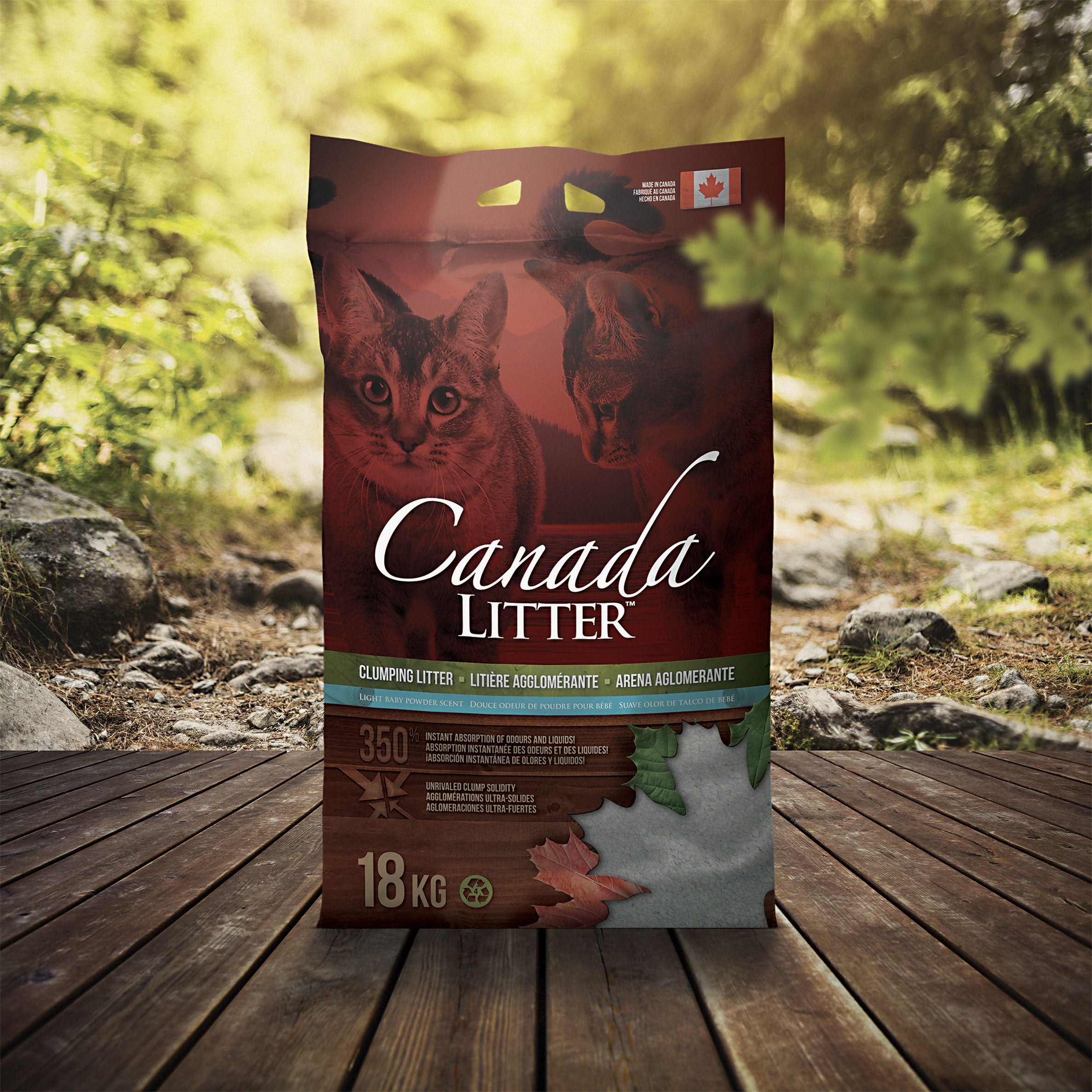
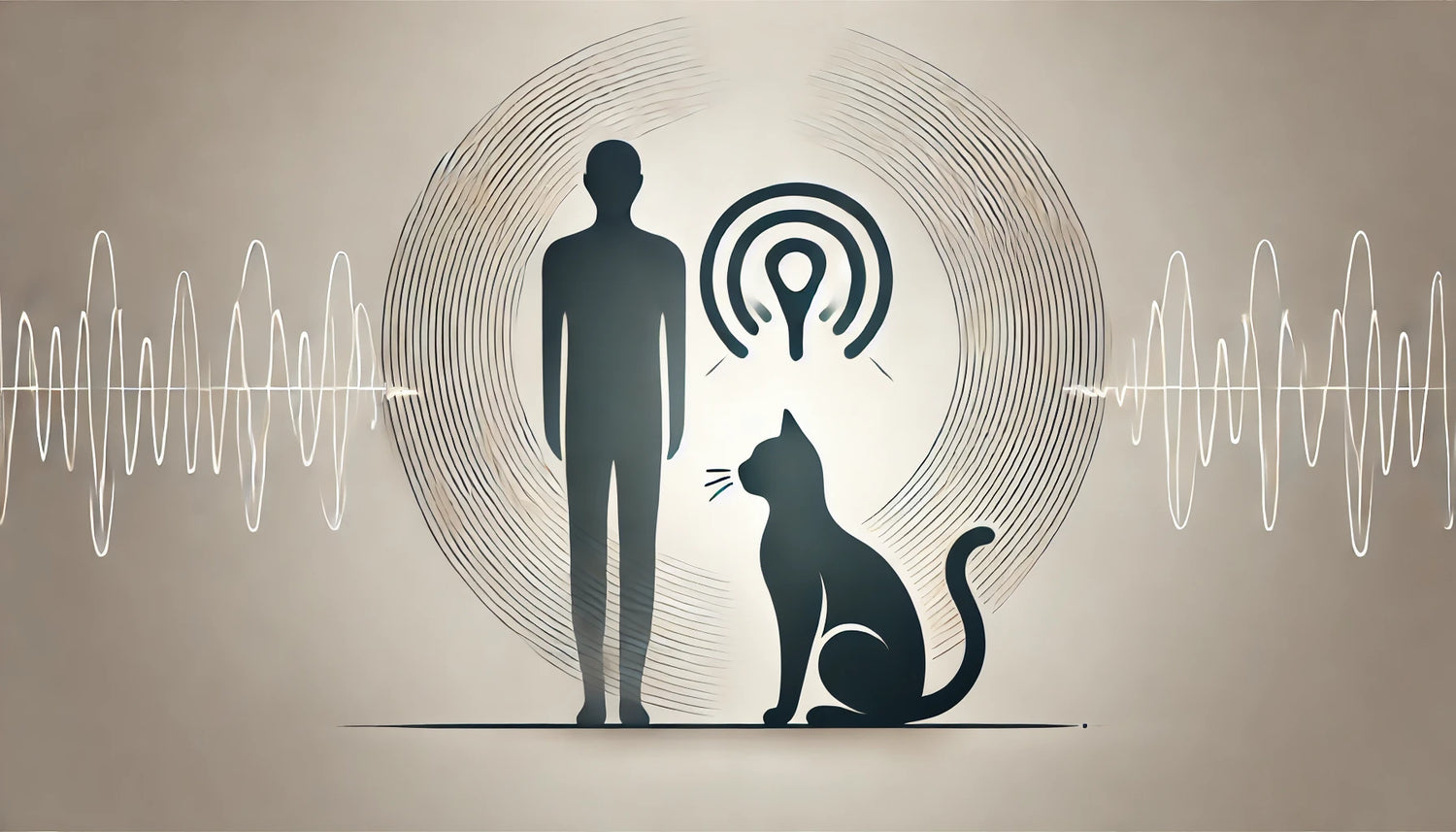





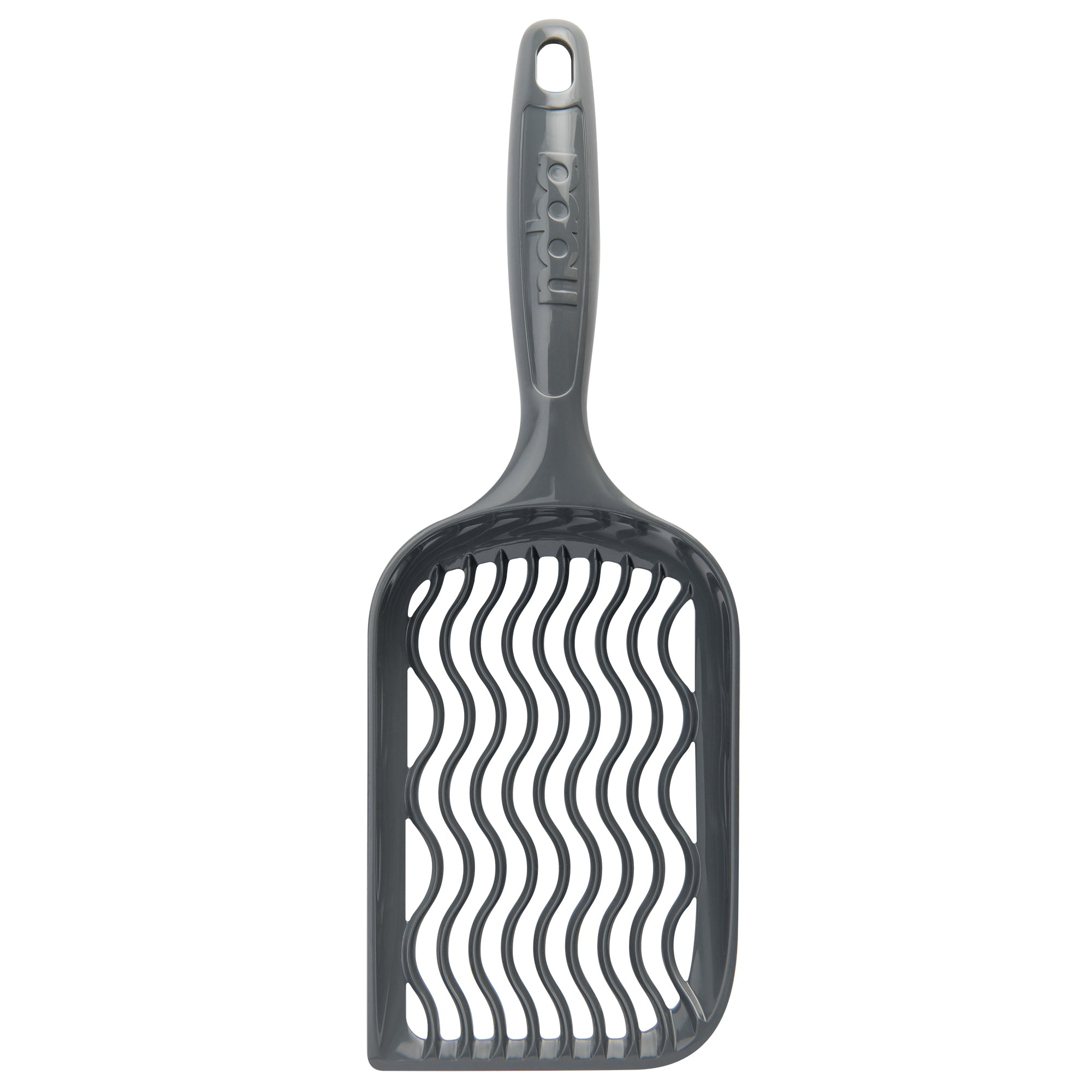

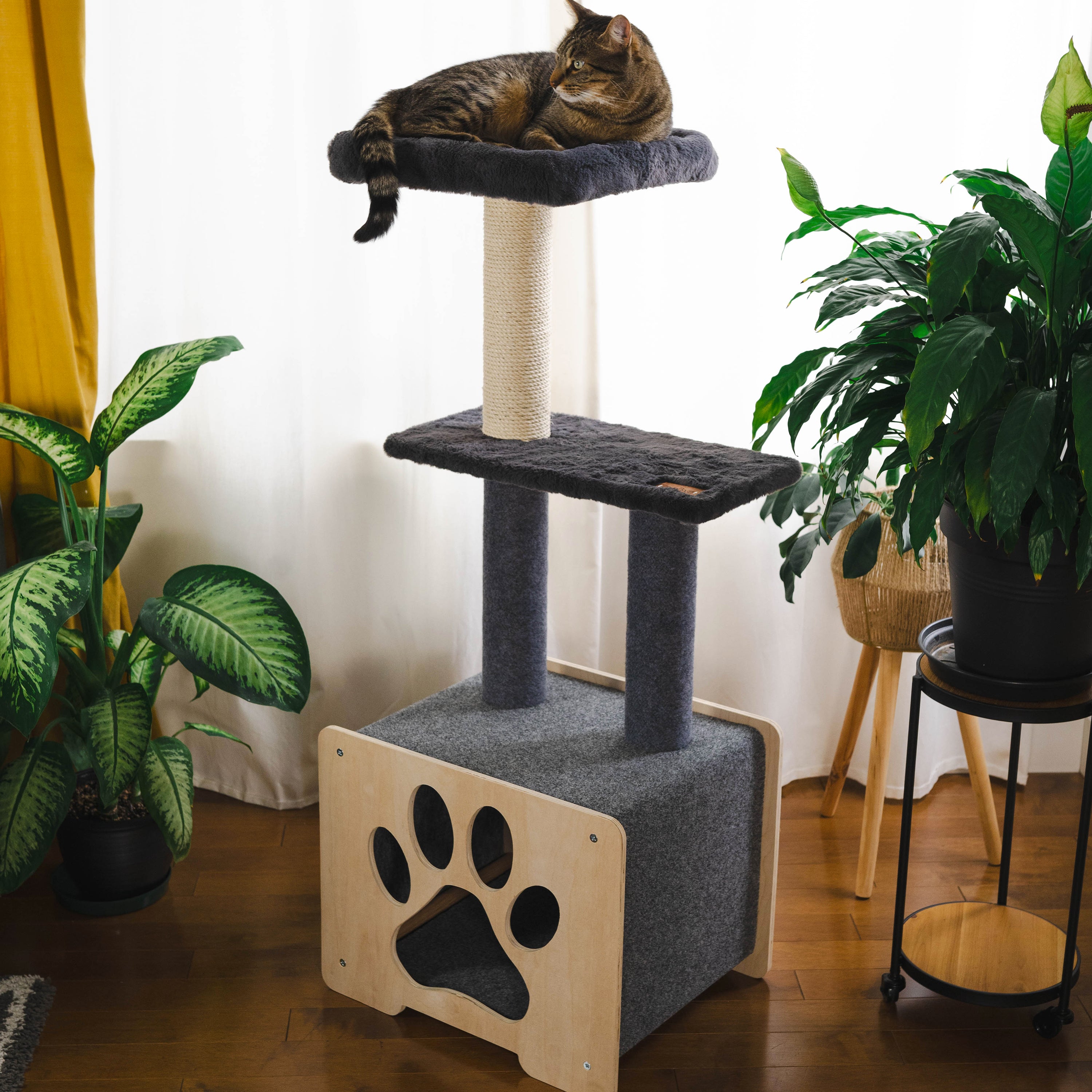
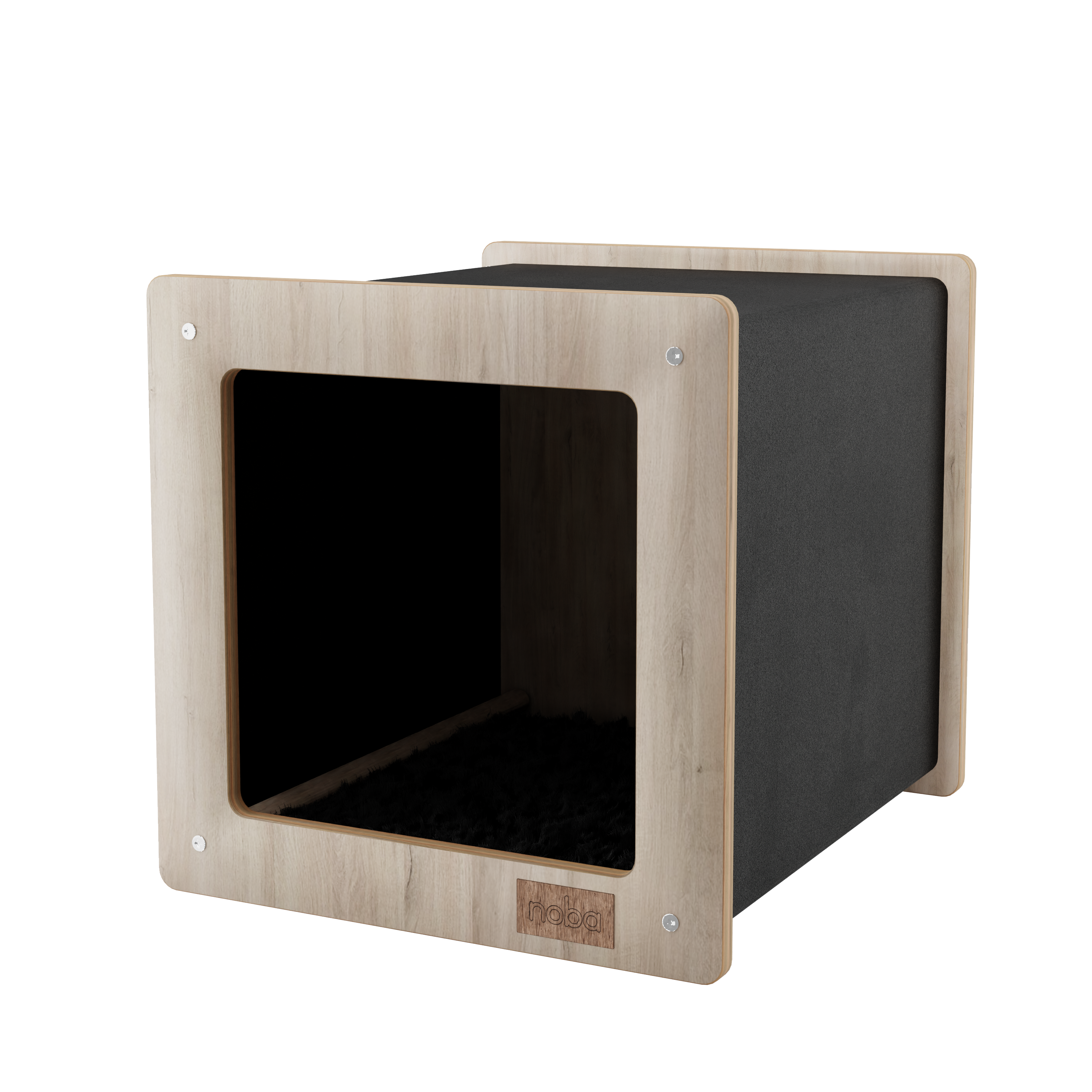

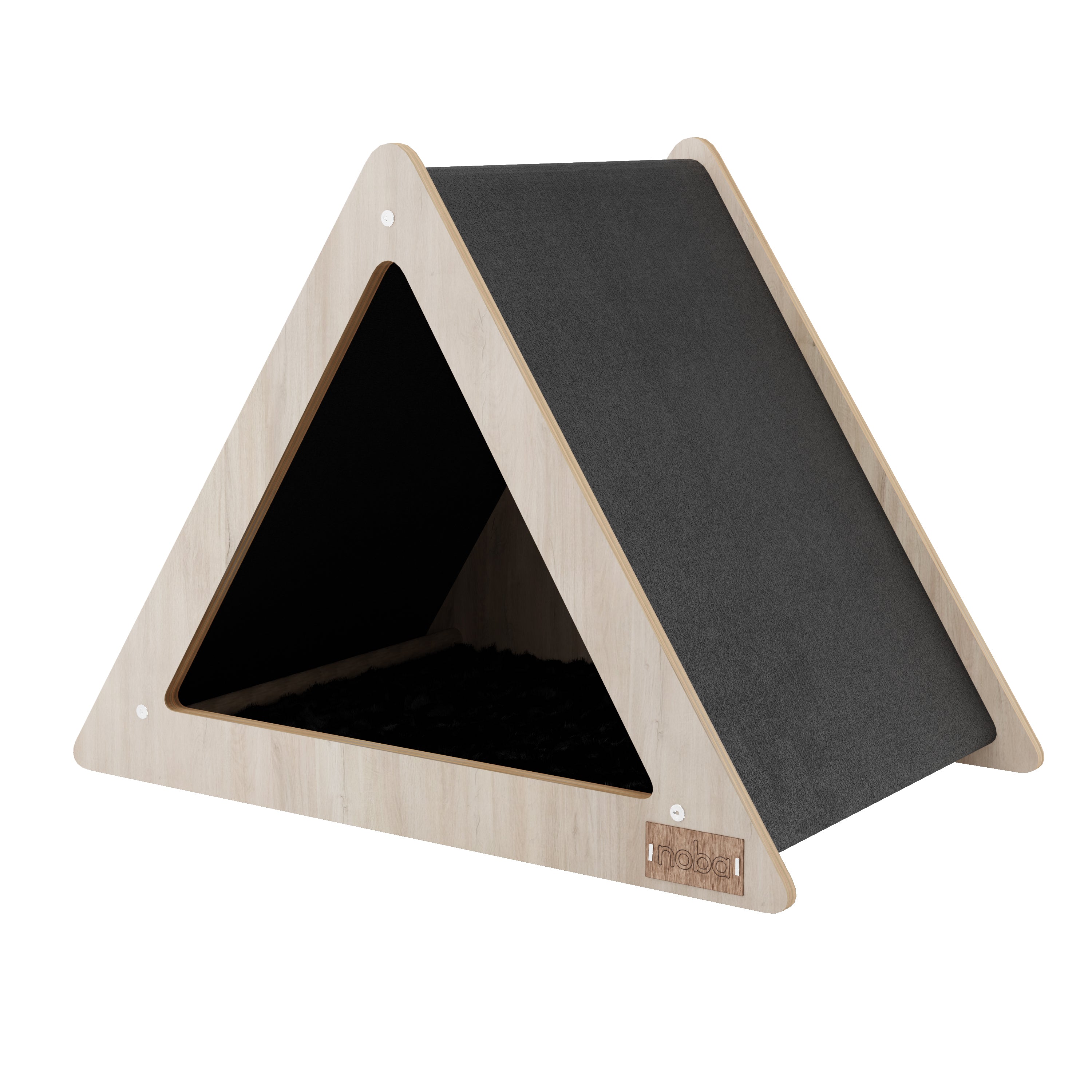
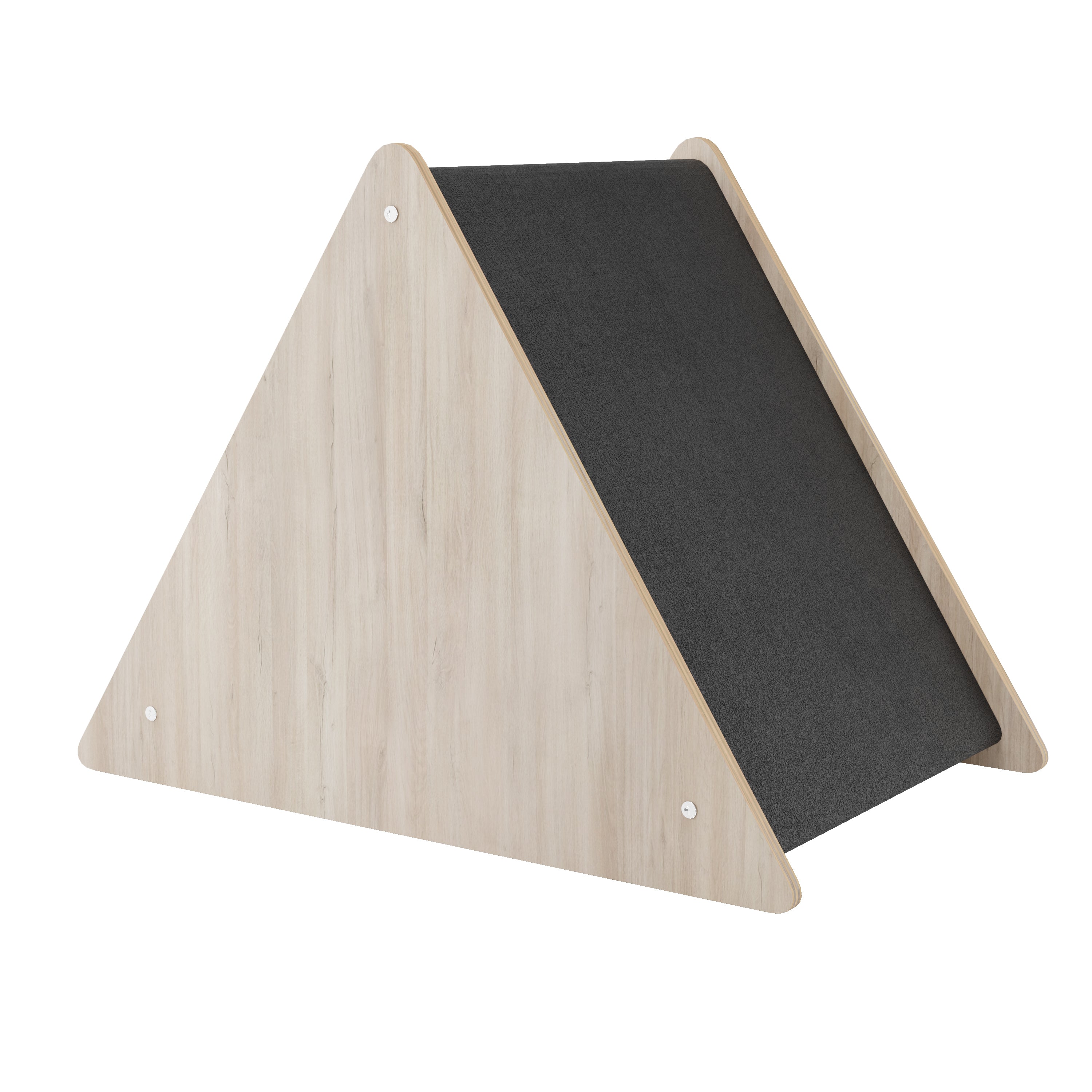

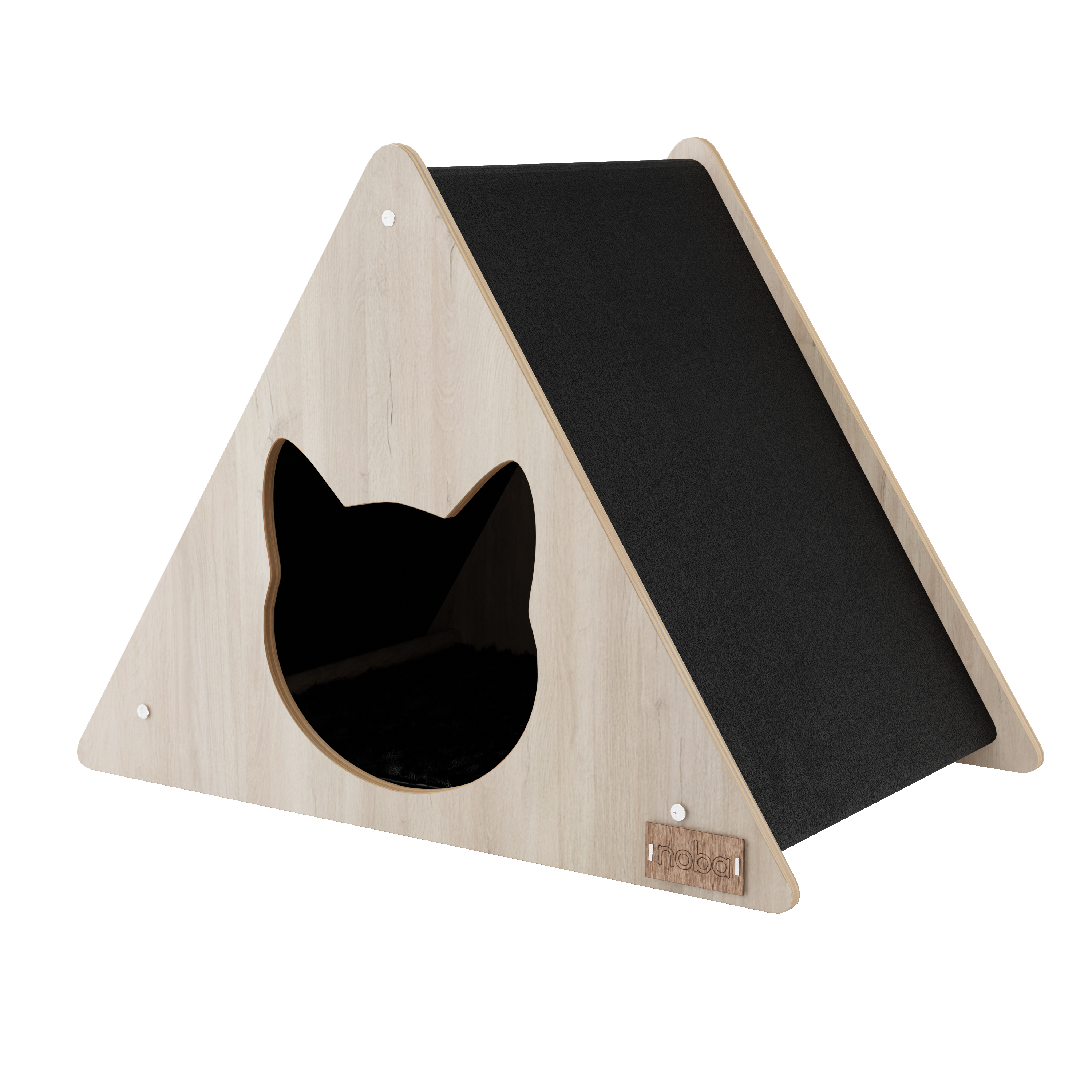
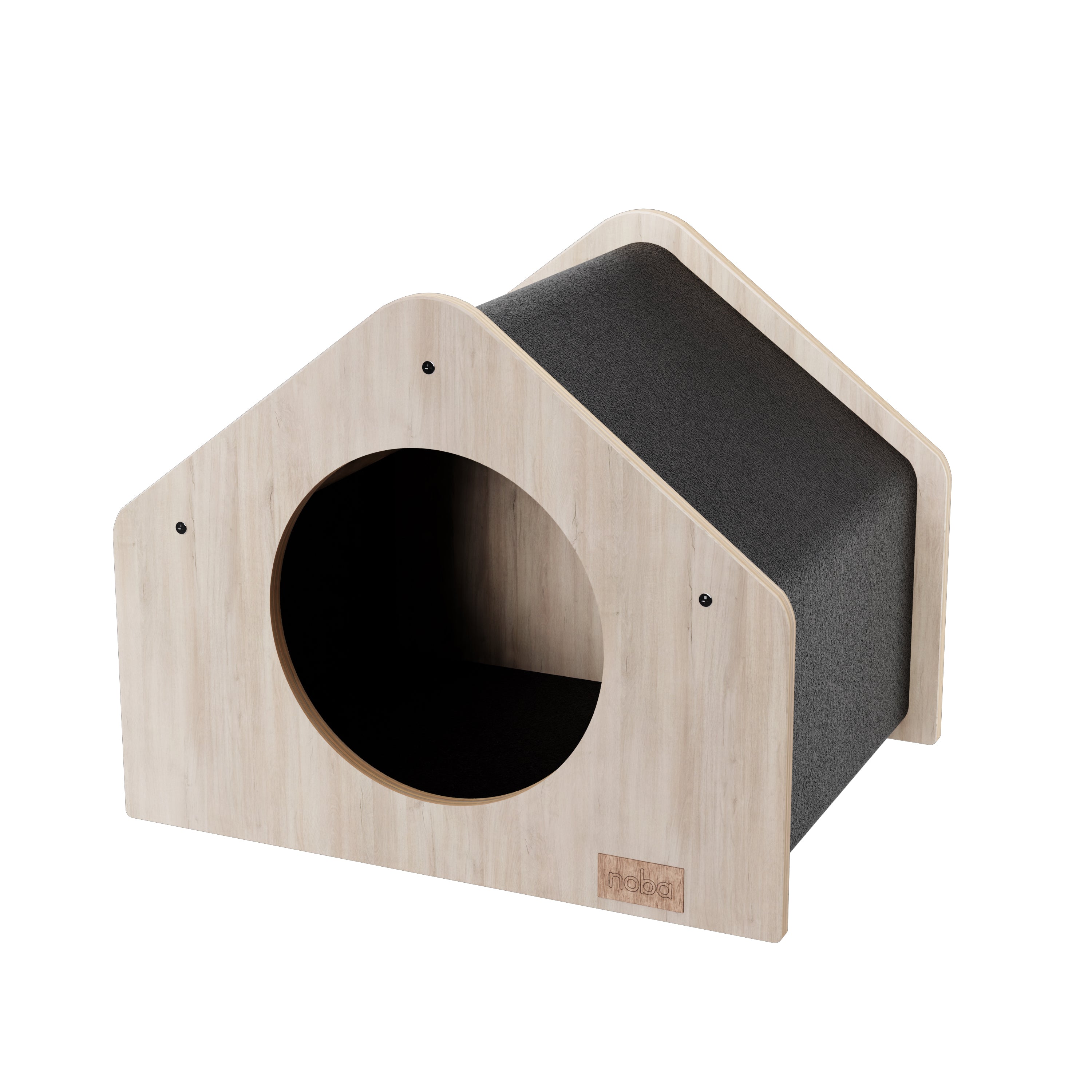
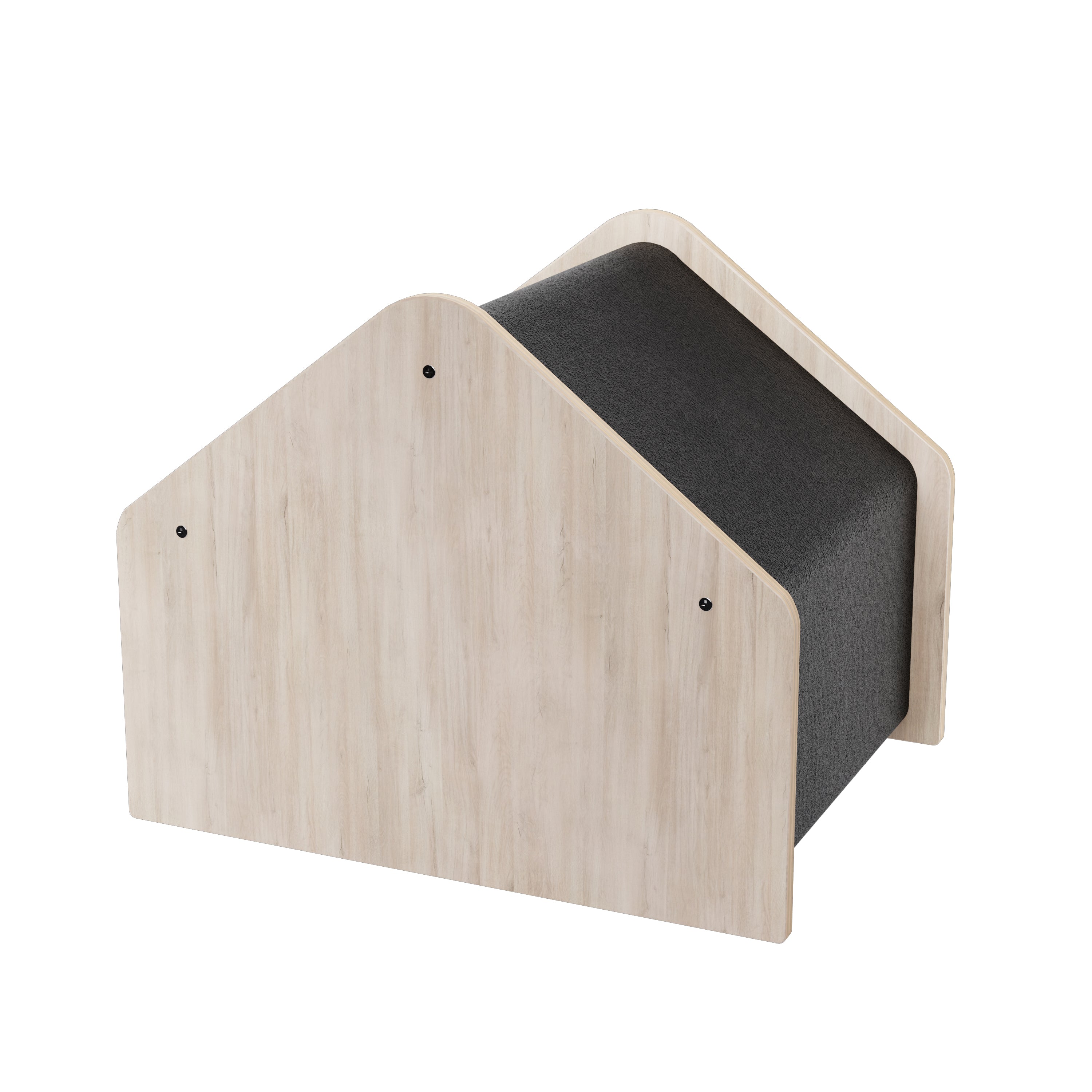



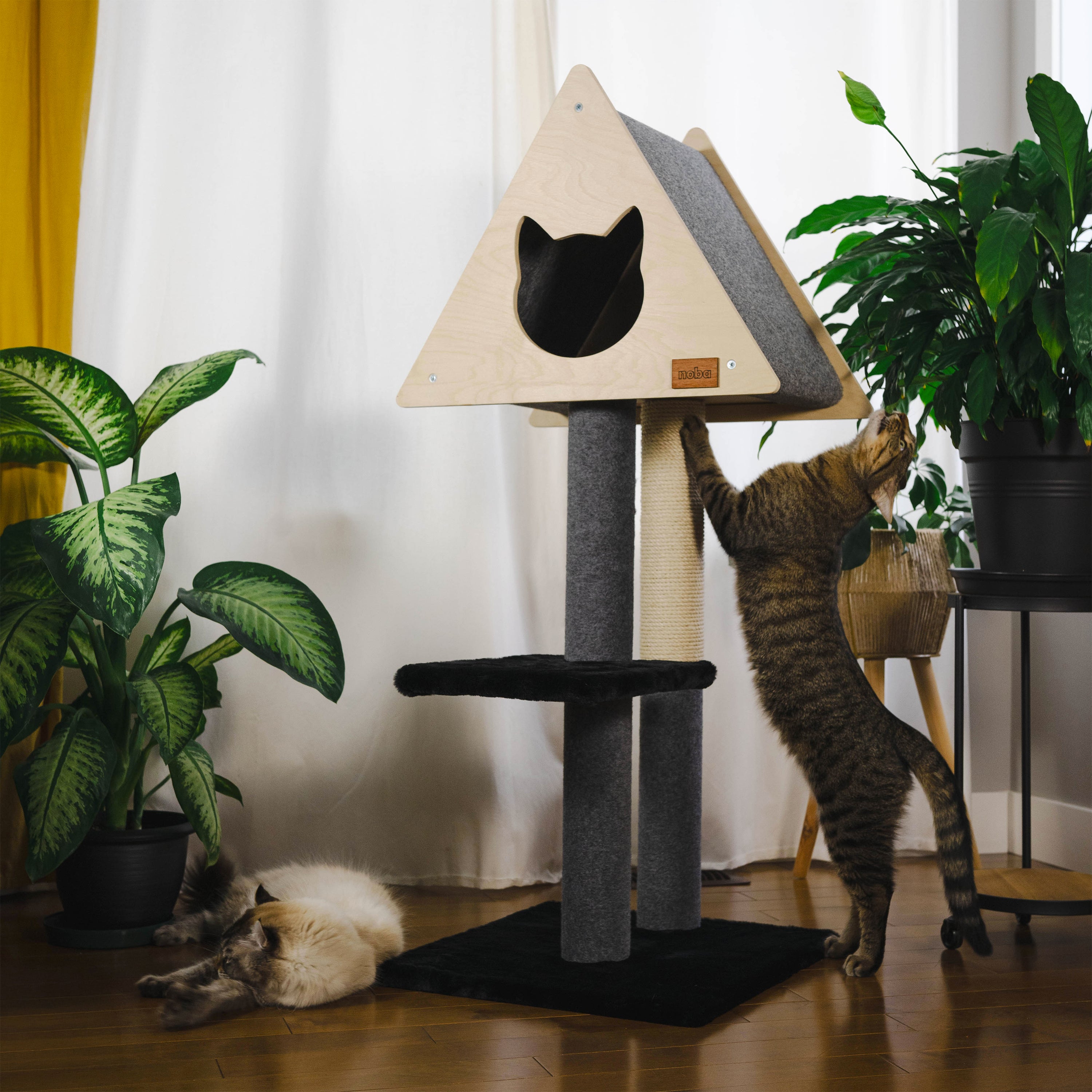
Leave a comment
All comments are moderated before being published.
This site is protected by hCaptcha and the hCaptcha Privacy Policy and Terms of Service apply.